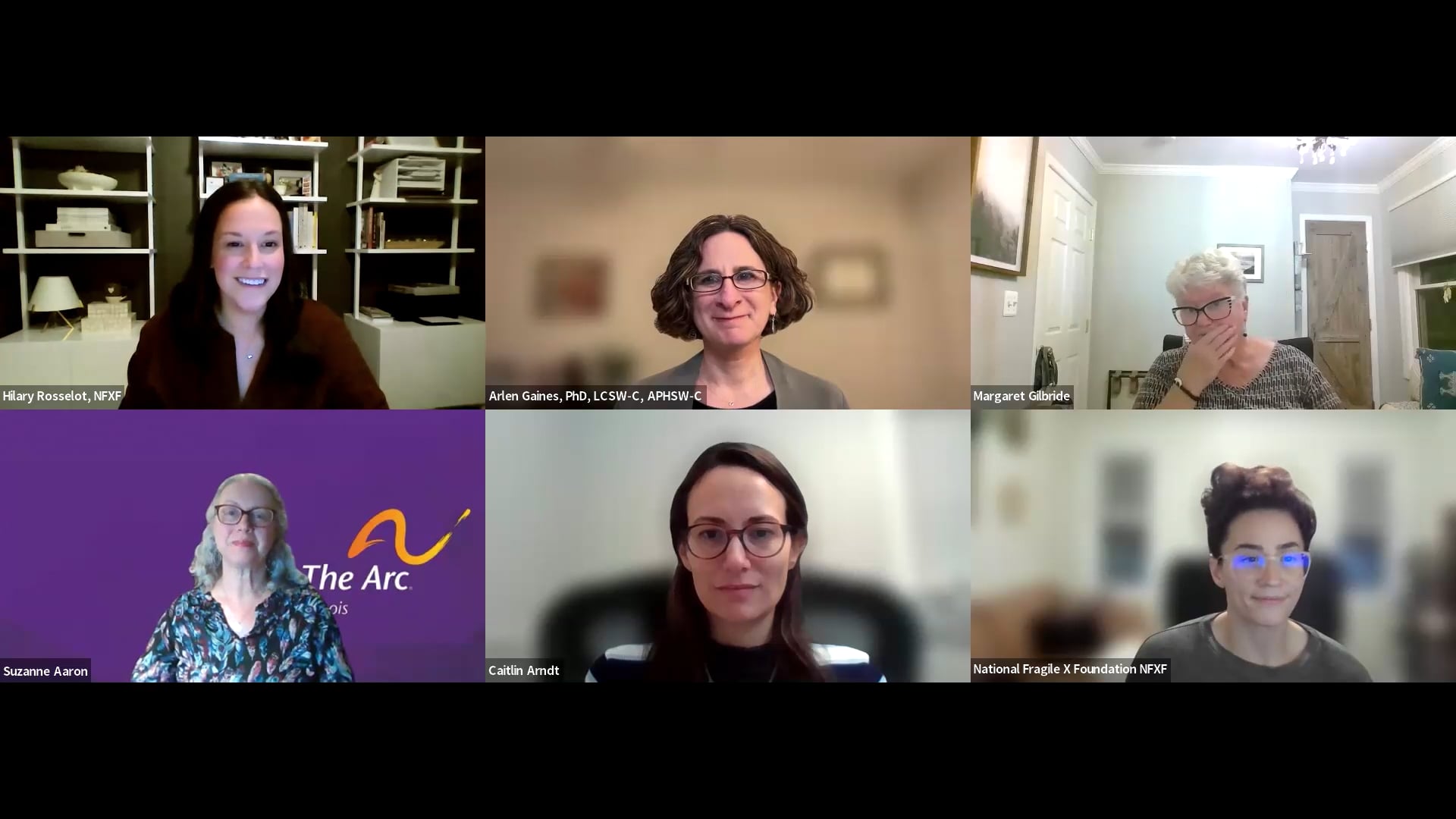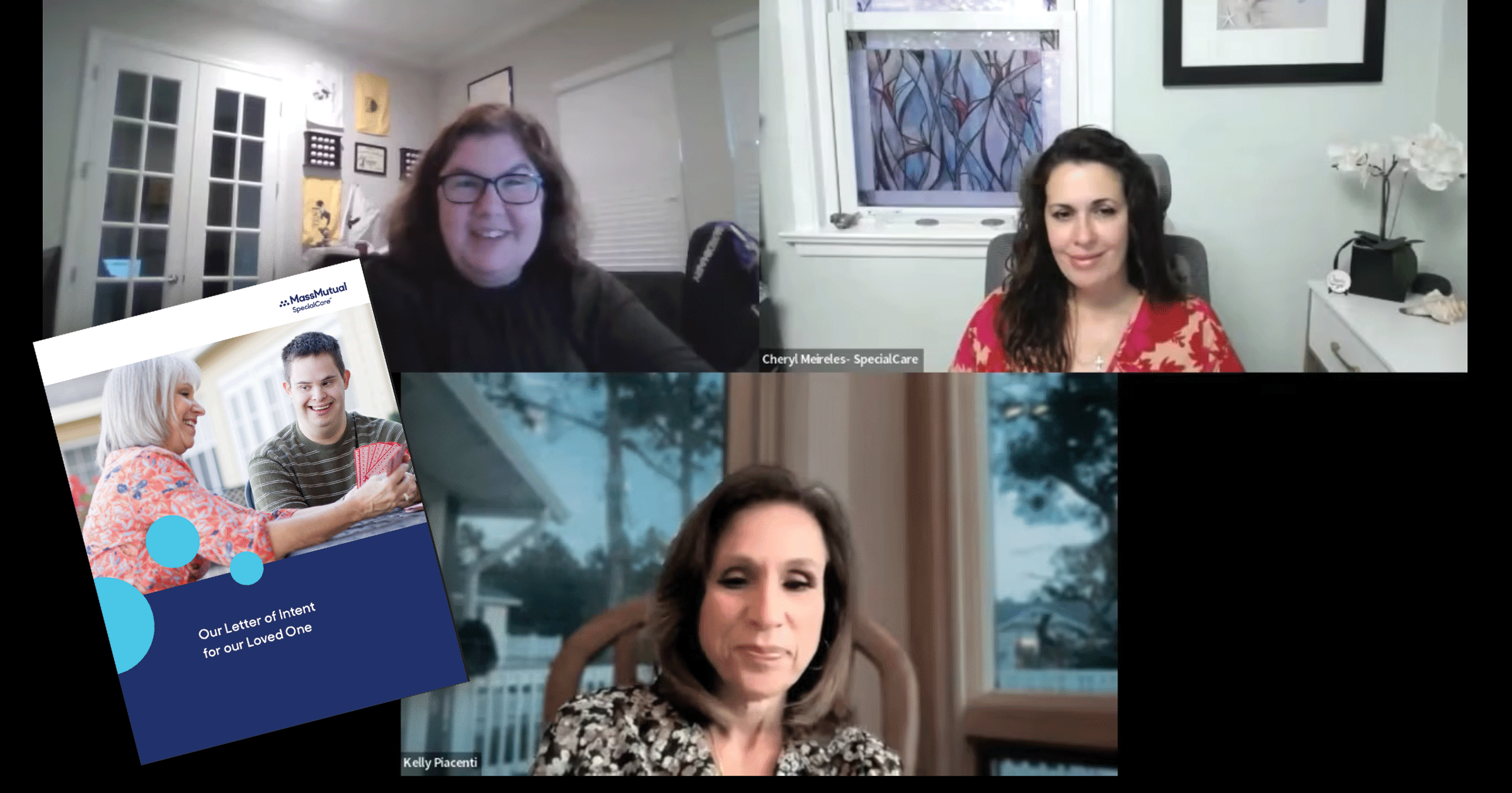About the Presenters

Kelly Piacenti
Kelly Piacenti, MA, CHSNC®, is responsible for the MassMutual SpecialCare program, which includes nearly 500 Special Care Planners*. She also oversees partnerships between MassMutual and the largest special needs non-profit organizations across the country, including The Arc, Autism Society, Huntington’s Disease Society of America, National Down Syndrome Congress (NDSC), Tuberous Sclerosis Alliance, and United Cerebral Palsy (UCP).
Kelly Piacenti has worked with MassMutual since July 2016. Before joining MassMutual, she led the MetLife Center for Special Needs Planning, where she was employed from 1991 through 2016. Kelly holds her master’s degree and resides with her husband and children in Chester, New Jersey. She was the mother of a child with special needs for 19 years and possesses the knowledge, insight, and empathy to act as a mentor and resource for families facing similar challenges.
*The Special Care Planner title is used by financial professionals with Massachusetts Mutual Life Insurance Company (MassMutual) who have received advanced training and information in estate and tax planning concepts, special needs trusts, government programs, and the emotional dynamics of working with people with disabilities and other special needs.

Jerry Hulick, CLU®, ChFC®, ChSNCTM, CLTC
Jerry has been active in the financial services industry for over 40 years. Jerry retired as General Agent of The Washington Group of MassMutual in 2004. Realizing that families with special needs members face unique financial challenges, he started The Washington Group Special Care Planning Team. The Washington Group Special Care Planning Team’s mission is to help make a positive difference in the lives of individuals with special needs, their caregivers, and other family members. Their knowledgeable and dedicated special needs planners assist families with developing valuable financial strategies and creating strategic financial solutions that integrate with government programs. The Special Care Planning Team has developed a unique network of professionals within the special needs community. This devoted network assists families, not only with their financial planning, but also provides a wide range of expertise to fit the diverse concerns of individuals with special needs and their families.




